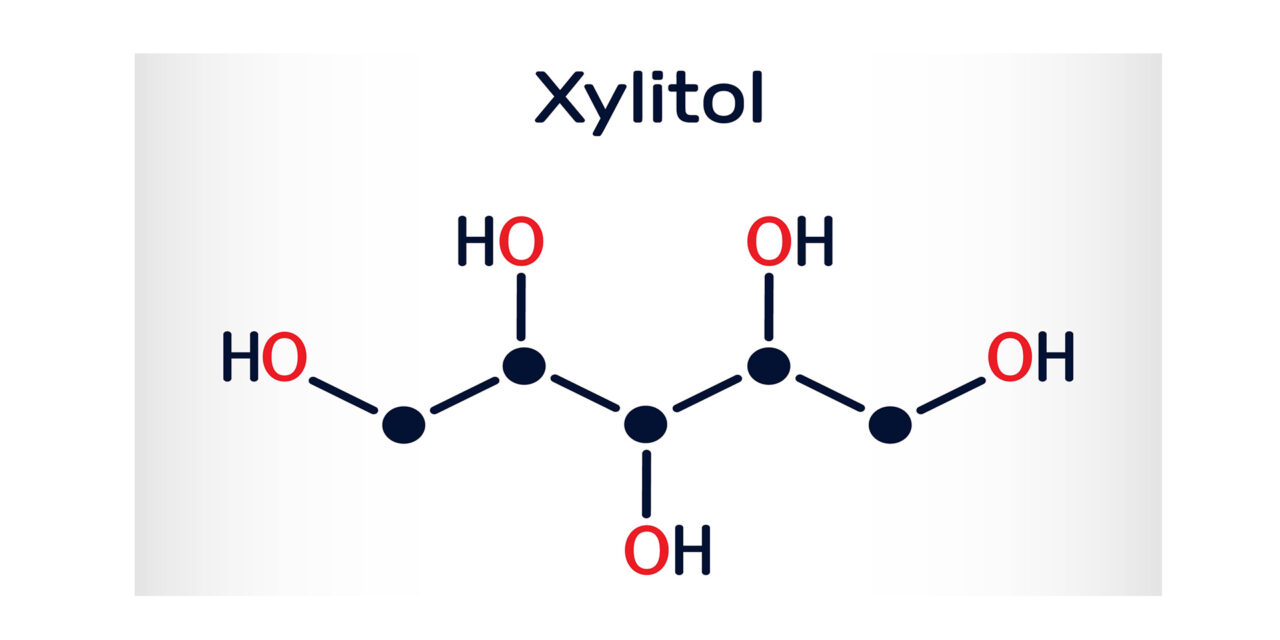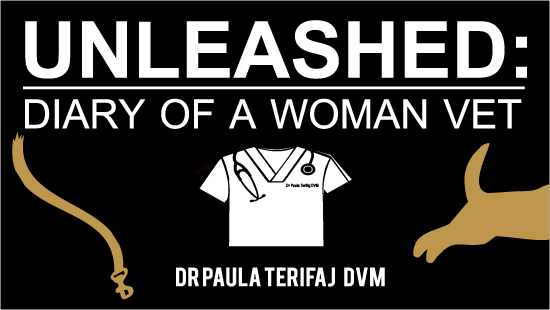Like many dog owners, you know that chocolate is a no-no. But what you may not know is that when your nosey pooch locates your handbag and gobbles down a pack of sugarless chewing gum or breath mints, the consequences could be deadly. The staggering number of products using the popular sugar substitute, xylitol, has escalated over the years as consumer demand grows – putting more and more pets at risk! In fact, Xylitol Pet Poisoning Cases Have More than Doubled Over Five Years.
Xylitol was approved by the FDA to be used as a sweetening agent back in the 1960s. Of course, it was not tested on the canine population. It’s freaky when you try to understand why people can process xylitol as a natural sweeter, but it serves a death warrant on the family dog. Think biochemistry. In dogs, xylitol causes a precipitous drop in blood sugar known as hypoglycemia. Initial signs of xylitol toxicity include vomiting, weakness and loss of coordination. These symptoms can progress to seizures, elevated liver enzymes and sadly, liver failure.
It’s a sign of the times. As the use of marijuana increases nationally, so does the consumption of THC-infused edibles – some of which contain xylitol. So keep your edibles 100% out of the reach of Fido. That goes for the cannabis plant, too. Remember, your powerful house sniffer is attracted by smell. Think of it this way. Our dogs explore their worlds with their incredible sense of smell. It’s the nose, not the eyes, that will search and find these hidden treasures.
In my state of California, a dog recently ingested more than 30 THC-infused mints sweetened with xylitol. That is a toxic amount of both xylitol and THC! Call canine 911. Most dogs will survive the THC high – depending on the amount ingested. Be mindful that if your dog suddenly looks like a drunk sailor, check your stash and call your vet. The good news is, unlike xylitol, there are no lingering health issues. The green leafy plant is considered safe for pets and people. When used correctly by medical doctors and vets, it can work like a medicine.
While it comes as no surprise that this popular sugar substitute is found in sugarless candies, chewing gums, and foods, how about nut butters and toothpaste? The answer is yes and so much more. The most recent xylitol poisoning was traced to “skinny” (sugar-free) ice cream.
Pet parents alert: Always check the ingredients label for products that advertise as sugar-free or low sugar. Also, be sure the peanut butter you are using to trick or treat your dog does not contain xylitol. We can keep our pets safe by looking for products that are sweetened with sorbitol or stevia – or just plain old fashion honey. Oh, how I miss the good old days!




